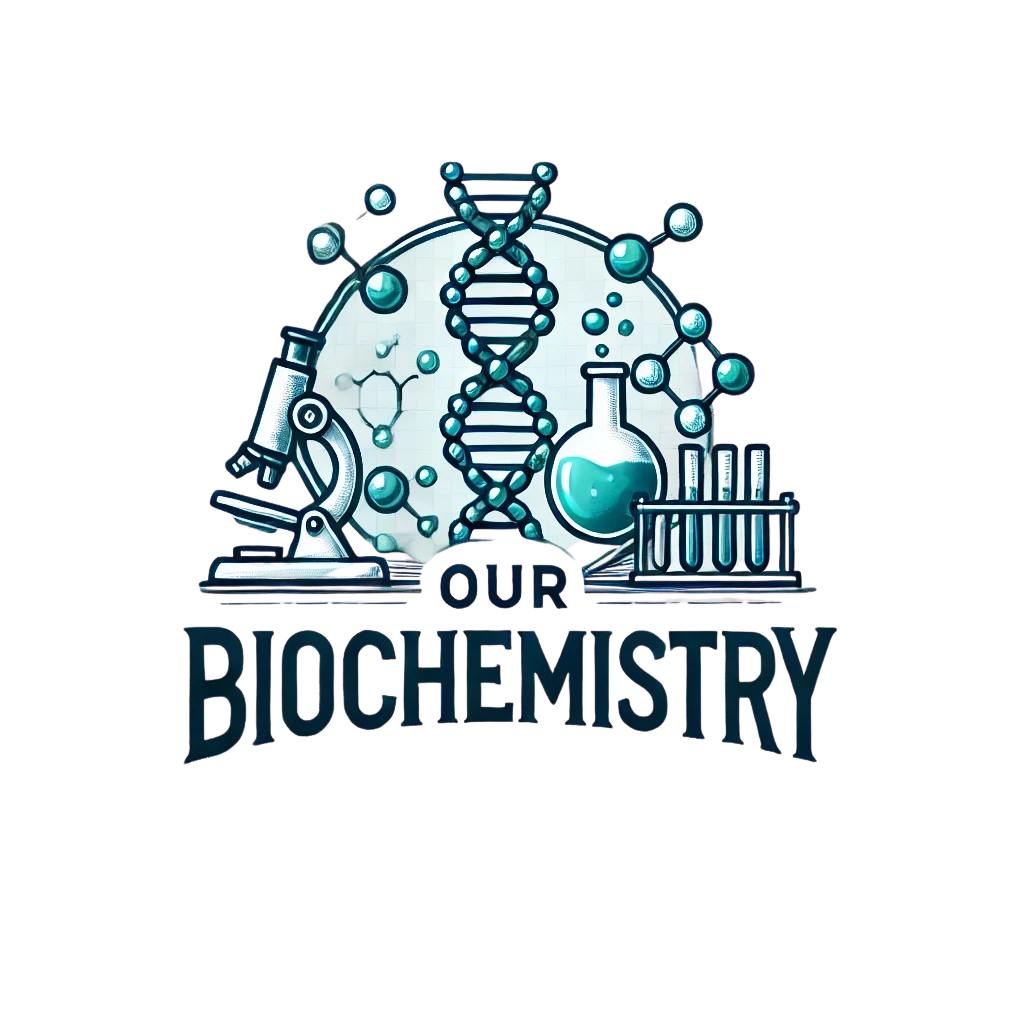Library
Our Biochemistry > Library > USMLE Content > Energy metabolism > Quick revisions > Essential Vitamins in Metabolism: Impacts on Fatty Acid, Triglyceride, and Nucleotide Pathways
Essential Vitamins in Metabolism: Impacts on Fatty Acid, Triglyceride, and Nucleotide Pathways
- November 22, 2024
- Posted by: Namrata Chhabra
- Category: Energy metabolism Metabolis of Nucleotides Metabolism of lipids Metabolism of Nucleotides Quick Revision Series Quick revisions Quick revisions Quick revisions Quick revisions USMLE Content
No Comments
“Essential Vitamins in Metabolism: Impact on Fatty Acid and Nucleotide Pathways”
“Dive into the biochemical roles of vitamins in metabolism and ensure a deeper understanding of their critical impacts on your health. Review the tables and key insights today!”
Table 1: Vitamins Affecting Fatty Acid and Triglyceride Metabolism
| Vitamin | Impaired Reaction | Enzyme Affected | Consequence |
| Riboflavin (B2) | β-oxidation of fatty acids | Acyl-CoA dehydrogenase | Reduced ATP production from fats |
| Niacin (B3) | β-oxidation of fatty acids | Hydroxyacyl-CoA dehydrogenase | Energy generation from fats reduced |
| Triglyceride synthesis | Glycerol-3-phosphate dehydrogenase | Impaired triglyceride formation | |
| Biotin | Fatty acid synthesis | Acetyl-CoA carboxylase | Disrupted synthesis of fatty acids |
| Odd-chain fatty acid metabolism | Propionyl-CoA carboxylase | Accumulation of toxic intermediates | |
| Vitamin B12 | Odd-chain fatty acid metabolism | Methylmalonyl-CoA mutase | Impaired odd-chain fatty acid breakdown |
| Vitamin B6 (PLP) | Essential fatty acid metabolism | Δ6-Desaturase | Reduced production of essential fatty acids |
Key Reactions Explained:
- β-Oxidation (Riboflavin, Niacin):
- Acyl-CoA dehydrogenase: FAD-dependent step in β-oxidation of fatty acids.
- Hydroxyacyl-CoA dehydrogenase: NAD-dependent step in the oxidation of fatty acids.
- Fatty Acid Synthesis (Biotin):
- Acetyl-CoA carboxylase: Initiates fatty acid synthesis by forming malonyl-CoA
- Triglyceride Synthesis (Niacin):
- Glycerol-3-phosphate dehydrogenase: Converts DHAP to glycerol-3-phosphate for triglyceride assembly.
- Odd-Chain Fatty Acid Metabolism (Biotin, Vitamin B12):
- Biotin-dependent Propionyl-CoA carboxylase produces methylmalonyl-CoA.
- Vitamin B12-dependent methylmalonyl-CoA mutase converts methylmalonyl-CoA to succinyl-CoA for TCA cycle entry.
Table 2: Vitamin Deficiencies and Impairments in Nucleotide Metabolism
| Vitamin | Impaired Reaction | Enzyme Affected | Consequence |
| Folate (B9) | Synthesis of thymidylate (dTMP) from dUMP | Thymidylate synthase (via 5,10-Methylene-THF) | Impaired DNA synthesis, megaloblastic anemia |
| Purine synthesis | Formyltransferases | Reduced nucleotide production | |
| Vitamin B12 | Conversion of homocysteine to methionine | Methionine synthase | Disrupted folate recycling, impaired DNA synthesis |
| Riboflavin (B2) | Regeneration of thioredoxin for ribonucleotide reduction | Thioredoxin reductase (FAD-dependent) | Indirectly impaired DNA replication and repair due to lack of deoxyribonucleotide production |
| Thiamine (B1) | Pentose phosphate pathway for ribose-5-phosphate synthesis | Transketolase | Reduced availability of ribose for nucleotide synthesis |
| Pyridoxine (B6) | Synthesis of purines from glycine and formate | Enzymes involved in one-carbon metabolism | Disrupted purine synthesis |
Key Reactions Explained:
- Folate (B9):
- Thymidylate synthesis: Converts dUMP to dTMP for DNA synthesis.
- Purine synthesis: Provides carbon units required for nucleotide bases (adenine, guanine).
- Vitamin B12:
- Supports folate recycling, essential for one-carbon transfers in nucleotide biosynthesis.
- Riboflavin (B2):
- Required for ribonucleotide reductase activity, converting ribonucleotides to deoxyribonucleotides.
- Thiamine (B1):
- Participates in the pentose phosphate pathway to generate ribose-5-phosphate, a precursor for nucleotide synthesis.
- Vitamin B6:
- Facilitates reactions in amino acid and one-carbon metabolism critical for purine ring assembly.
Author:Namrata Chhabra
With over 38 years of experience as a Medical Educator, Medical Biochemist, and Researcher, Dr. Namrata Chhabra has a proven track record of leading and contributing to clinical, academic, and research initiatives that advance medical science and education. She holds an M.B.B.S., an M.D. and Ph.D. in Medical Biochemistry, and a Master's in Health Professions Education (MHPE). She is also a FAIMER Fellow, a prestigious recognition of her excellence in medical education and research.
Currently, she serves as the Associate Dean of Admissions, Chair of the Admissions Committee, and a Professor of Biochemistry at the American University of Antigua College of Medicine (AUACOM). In this role, she oversees the academic quality, curriculum development, faculty development, accreditation processes of the college, and student recruitment. She also teaches and mentors medical students, conducts and supervises biomedical and educational research projects, and publishes and presents her findings in national and international journals and conferences. Additionally, she is the author of three comprehensive textbooks on Medical Biochemistry, which are widely used by medical students and professionals. She is passionate about improving the health outcomes of communities and individuals by fostering a culture of innovation, collaboration, and excellence in medical education and research.
